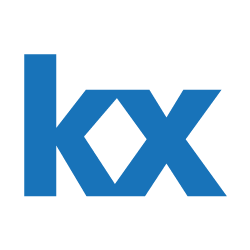View Current
Viewing Revision #29 from 12/08/2018 12:57 a.m.
System Architecture
Kdb+ uses Lambda architecture has the following properties:
-
Data currently using stores in memory, while historical data is stored on disk.
-
New data come in from streaming sources.
-
Event-engine distribute data to downstream subscribers, including real-time database engine and streaming query engine.
-
Real-time database projects its content down to on-disk historical database for analytic use at daily basis, controlled by event-engine.
Storage Model
Decomposition Storage Model (Columnar)
Kdb+ uses DSM both for in-memory and on-disk storage.
View Current
Viewing Revision #29 from 12/08/2018 12:57 a.m.
